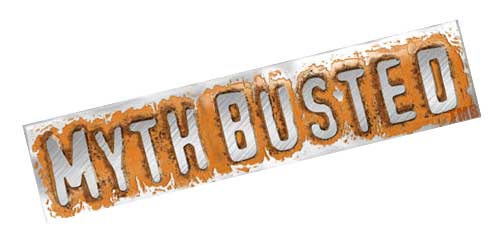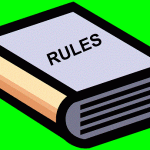 Almost every district has their own local awards to encourage and recognize clubs to do their best (not coincidentally helping the district itself to be distinguished). There are good ways and bad ways to do this though.
Almost every district has their own local awards to encourage and recognize clubs to do their best (not coincidentally helping the district itself to be distinguished). There are good ways and bad ways to do this though.
First, avoid competitive recognition, where there is only one winner. There are competitions where there’s a fixed threshold, and any number of winners (like the DCP, or the district recognition program since 2012), and then there’s competitions where there’s only one winner (or some fixed number of winners, like 3 or 10), and the rest get second place or nothing. Clubs should compete against a fixed goal, or against their own past performance, not against other clubs.
Continue reading “How can Toastmasters districts encourage clubs?”



